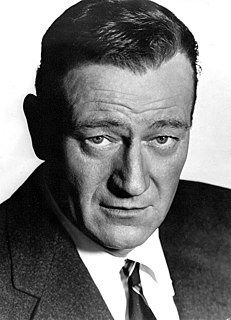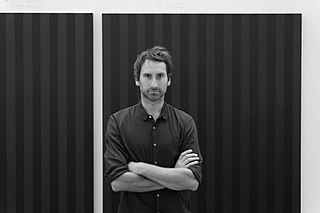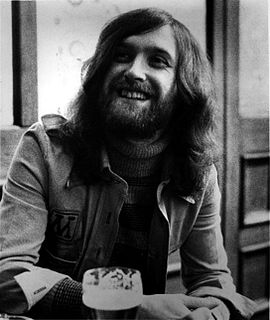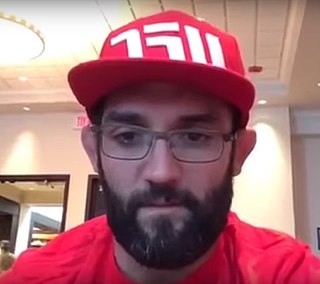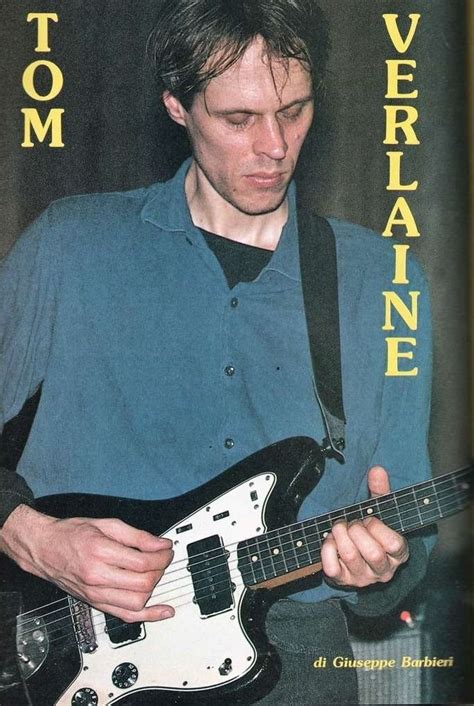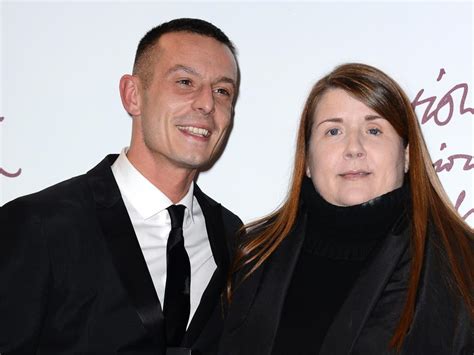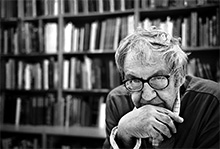A Quote by Diana Vreeland
A good photograph was never what I was looking for. I like to have a point. I had to have a point or I didn't have a picture. This is what I've always found so fascinating about paparazzi pictures. They catch something unintended, on the wing... they get that thing. It's the revelation of personality.
Related Quotes
I have found a certain type calls himself a Liberal...Now I always thought I was a Liberal. I came up terribly surprised one time when I found out that I was a Right-Wing Conservative Extremist, when I listened to everybody's point of view that I ever met, and then decided how I should feel. But this so-called new Liberal group, Jesus, they never listen to your point of view.
People ask me this a lot, what a song's about.... I do think analyzing a song can be interesting, although it doesn't necessarily get to the point. It's a whole other side activity. I do like making a thing into pictures. If I get an abstract idea and all the words in it don't represent tangible things, I might try to take the idea and make it into a picture, create a little scene there, an image.
As far as the surface is concerned - oil on canvas, conventionally applied - my pictures have little to do with the original photograph. They are totally painting (whatever that may mean). On the other hand, they are so like the photograph that the thing that distinguished the photograph from all other pictures remains intact.
Students may feel the criticism is harsh, but I think it's possible they haven't had criticism before. It's my job to point out when something is badly done, or when there's no point of view. To build a brand you have to have something about you. If not personality, then some thought process. I'm 40, and they're young, so they're meant to be informing me. They should be bringing me a book or something that I haven't seen, not like some obscure chant book by Dominican monks, but an image of the way they see the world.
I always look at magazines and wind up standing there like, "Whose house looks like this? Who lives this way?" I never can understand what the point of view is. The only thing you can really do, being a decorator, is put an educated client towards what it is they don't know about. The dialogue between a client and a decorator should be more about, "Let me help you get to the point where you can find a comfortable place to live and be exposed to things," the way that an art consultant exposes a person who wants to buy art to art, instead of inflicting good taste upon them.
Bypasses are devices that allow some people to dash from point A to point B very fast while other people dash from point B to point A very fast. People living at point C, being a point directly in between, are often given to wonder what's so great about point A that so many people from point B are so keen to get there and what's so great about point B that so many people from point A are so keen to get there. They often wish that people would just once and for all work out where the hell they wanted to be.
I think I’ve said this before many times—that photography allows you to learn to look and see. You begin to see things you had never paid any attention to. And as you photograph, one of the benefits is that the world becomes a much richer, juicier, visual place. Sometimes it is almost unbearable — it is too interesting. And it isn’t always just the photos you take that matters. It is looking at the world and seeing things that you never photograph that could be photographs if you had the energy to keep taking pictures every second of your life.
I do not want to presuppose anything as known. I see in my explanation in section 1 the definition of the concepts point, straight line and plane, if one adds to these all the axioms of groups i-v as characteristics. If one is looking for other definitions of point, perhaps by means of paraphrase in terms of extensionless, etc., then, of course, I would most decidedly have to oppose such an enterprise. One is then looking for something that can never be found, for there is nothing there, and everything gets lost, becomes confused and vague, and degenerates into a game of hide and seek.


